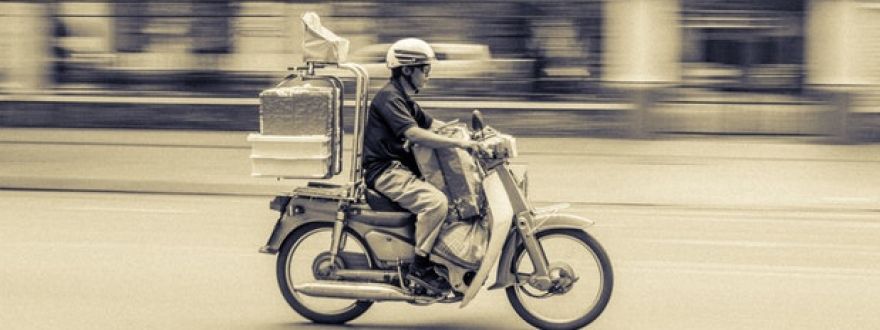
Signing up for Uber or similar companies is extremely easy and you can make good money using your current property without any additional investment on your part. Sounds great! Many people are jumping in and starting without taking another look, and they should.
My daughter started her summer from her 1st year of college and is anxious to make some money. Working two jobs is not enough, so she said “Dad, I’m also going to drive for DoorDash. You can make some good money here and I’m signed up and ready!” To which I said, “With what car?” She is driving the Honda Civic I gave her to run around. As an insurance professional, I knew this was going to be an issue, so I investigated. What I found was eye opening.
Most all personal auto policies will exclude “for hire” and delivery operations on personal vehicles unless it is incidental to your personal activity. Like a sales rep dropping off samples or an order that was ready to save a trip. Food delivery and ridesharing are both for hire activities and excluded.
Most Transportation Networking Companies (TNC) provide a section on their website for insurance, what they require and who is responsible for what coverage when. For example, Uber provides $1 million liability and comprehensive and collision, if your personal policy also has it, while you are actively on a trip. However, most personal policies stop providing coverage as soon as you turn on the application. This creates a small gap in coverage which many companies have created add-ons
DoorDash is different. They are essentially like a contracted pizza delivery company. In 1989, a Dominos pizza delivery driver killed a woman while delivering a pizza in “30 minutes or less” and in 1993 the woman’s estate was awarded $78 million dollars in the lawsuit. Insurance companies react to decisions like this, so what do you think happened next? Delivery became very taboo, esp. with time guarantees.
Doordash provides insurance for liability in “excess” over your own auto insurance, only applies when you are in possession of a delivery, and there is no coverage for damage to your vehicle. If most all personal auto policies exclude this activity when you turn the app on, anyone that only has a personal auto policy is exposed. If you want to drive for DoorDash and have claims paid, most likely you will need to have a commercial auto policy.
Things you should do if you plan on driving for a TNC:
- Find and understand the insurance coverage the TNC is affording you as a contractor and when it is in effect.
- Check with your personal auto policy on how they deal with TNCs and what they might have for their Limited Coverage Option to “fill the gap”.
- Find a company to work for that will mesh with your existing personal auto stuff – or –
- Start a business and put the car in its name and get a commercial auto policy.
As a 19-year-old sole proprietor with a 16-year-old car for a food delivery business, my daughter’s commercial insurance policy would have been a $4,200 increase in cost to her. She made the prudent decision to look for another source of money. How many people, do you think, are blindly driving without insurance coverage today?
Ken Wilcox -kwilcox@viallins.com






